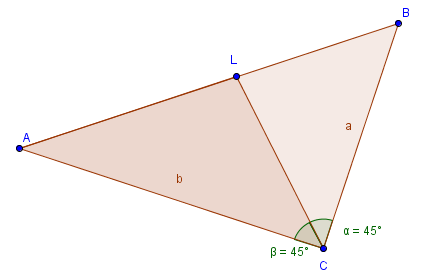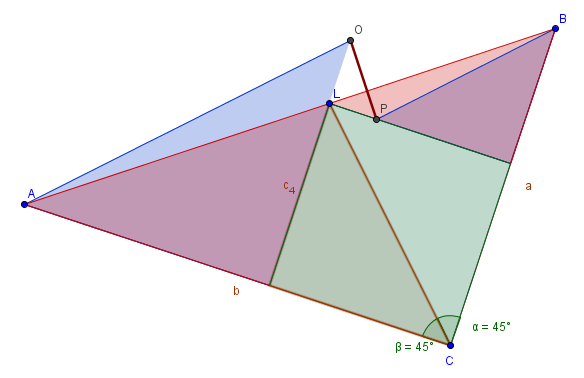During the last SyMETRI meeting I shared my research and how my Biology and Science Education background have guided and inspired my current research. Here it is a brief description of my research:
My doctoral dissertation is a qualitative case study that aims to contribute to the existing Garden-based learning literature (GBL) in bridging the gaps between the practice and the theory of GBL as well as to contribute to the sustainability of school gardens and GBL projects. My study focuses in the long-term recollections that urban multicultural elementary school students derive from their personal and collective experiences as participants in a one-year intergenerational garden-based learning project: “The Intergenerational Landed Learning on the Farm for the Environment Project” and how does this learning experience support the development of practice-linked identities that are the identities that people come to take on, construct and embrace that are linked to participation in particular social and cultural practices.
The theoretical underpinnings of my study are rooted in current discourses in science education literature that understand science education as a cultural, cross-age, cross-class, and cross-disciplinary phenomenon, garden-based learning literature, identity theory, and the new sociology of childhood discourse.


